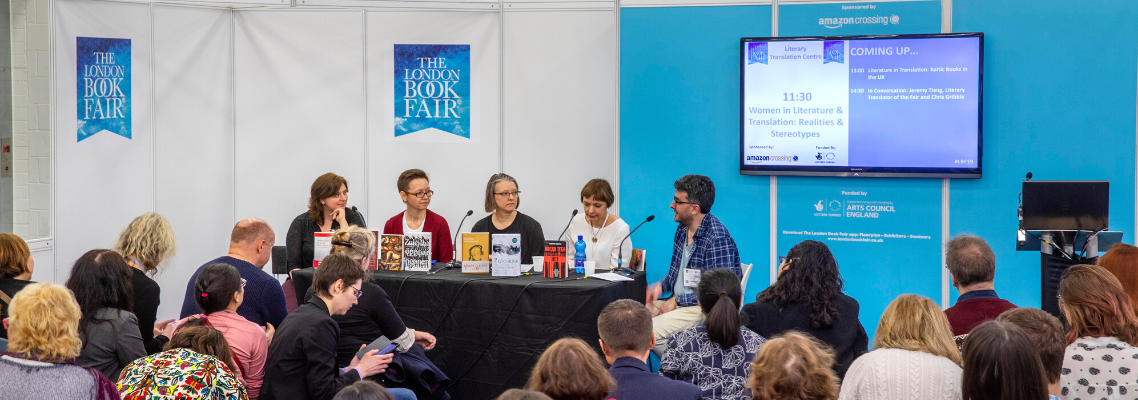Displaced Voices: Translating Writing by Refugee and Exiled Authors was a panel debate organised by Literature Across Frontiers to take place at the London Book Fair’s Literary Translation Centre. One of the panellists, Marcia Lynx Qualey, editor of the ArabLit website and ArabLit Quarterly magazine, got together with two of her fellow speakers to discuss their work.
The first conversation, with translator, poet and scholar Shalim M Hussain, explores the Miyah poetry movement that was sparked in April 2016 in Assam when poet Hafiz Ahmed composed “Write Down I am a Miyah”, an echo of Mahmoud Darwish’s “ID Card,” and shared it on social media. Shalim followed with his own poem, “Nana I Have Written,” and around thirty other poets have since joined the movement. Shalim is currently Charles Wallace India Trust Fellow hosted by Literature Across Frontiers at University of Wales Trinity Saint David working on a bilingual English-Assamese collection of Miyah poems, set to be published later this year or early 2021.
Omid Tofighian is a philosophy lecturer, researcher, community advocate, and accidental translator. Marcia Lynx Qualey spoke to him about his translation of the multi-award winning book No Friend but the Mountains: Writing From Manus Prison by Kurdish-Iranian refugee Behrouz Boochani, the process of ‘debordering’, and ways we can re-position the work of writers and artists impacted by border violence.
The panel Displaced Voices: Translating Writing by Refugee and Exiled Authors was organised by Literature Across Frontiers with support from the Creative Europe Programme of the European Union, Arts Council of Wales and the British Council. The Literary Translation Centre at the London Book Fair is sponsored by Arts Council England and Amazon Crossing.

